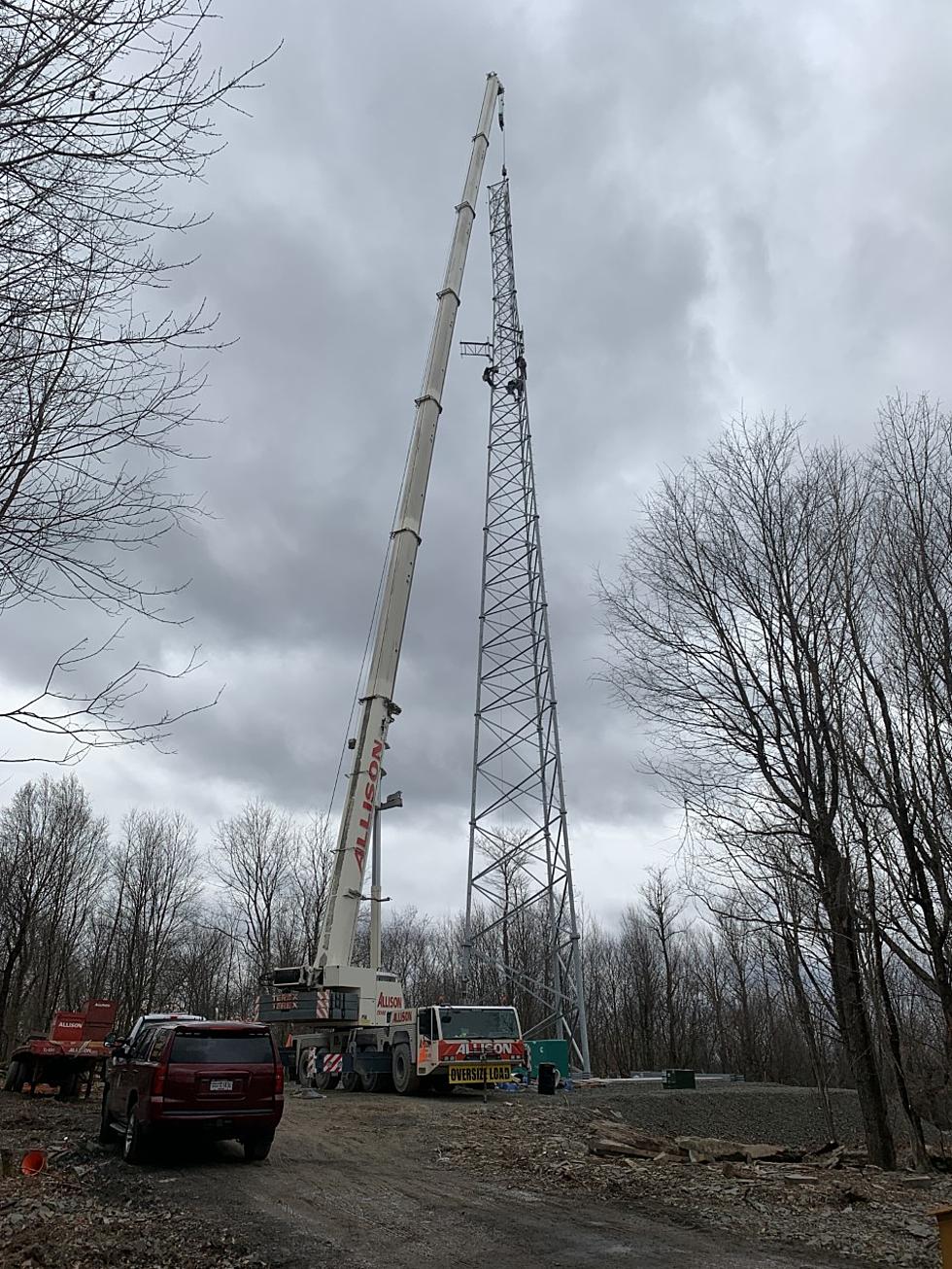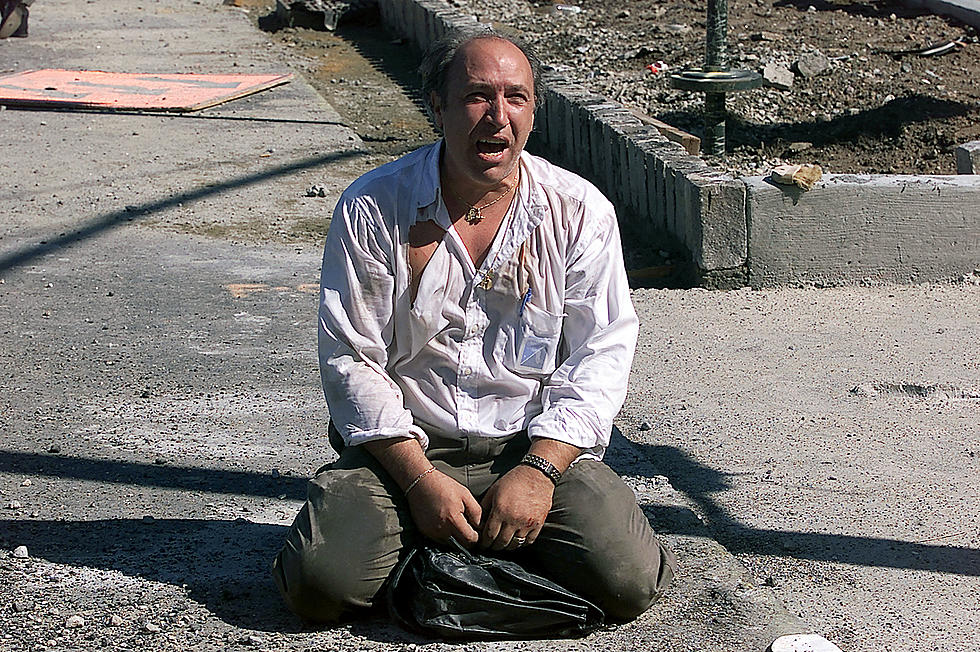
New York’s 911 Dispatchers Expected To Be Given ‘First Responder’ Status on 20th Anniversary of 9/11
Today marks the 20th anniversary of the September 11 attacks. It also marks the day that newly appointed New York Governor Kathy Hochul will sign a bill that will finally recognize 911 operators and dispatchers as being first responders.

The Homeland Security Act of 2002 defines the term “first responder” as “individuals who, in the early stages of an incident, are responsible for the protection and preservation of life, property, evidence, and the environment.” Why then have 911 operators and dispatchers not been considered first responders?
It is 911 operators and dispatchers who are almost always at the very start from answering the phone to recording the call for help to dispatching the necessary help. 911 operators and dispatchers provide life-saving instructions and they calm, console, and comfort until help can arrive.
Because 911 operators and dispatchers , up until now, not been recognized as being first responders, it means they have faced inadequate pay and mandatory overtime hours. Because work conditions are less than ideal, many dispatch centers are understaffed leaving the remaining 911 operators and dispatchers completely overtaxed.
In June of 2021, Senator John Brooks and Assemblyman Peter Abbate introduced a measure which would change the status of 911 operators and dispatchers in the state of New York to classify them as first responders.
In an unprecedented turn of events, the measure passed both legislative chambers in a unanimous vote and today, on the 20th anniversary of the terrorist attacks, it is believed that Governor Houchl will sign a bill which will designate 911 operators and dispatchers in New York as being "First Responders in Communications."
With the new recognition, 911 operators and dispatchers in the state of New York will receive access to mental health treatment, be provided with more training opportunities, and more.
25 Images That Remind Us of the Devastation Caused on September 11, 2001
NEVER FORGET: Images from 9/11 and the days after
LOOK: What are the odds that these 50 totally random events will happen to you?
KEEP READING: Scroll to see what the big headlines were the year you were born
More From 99.1 The Whale






![Combat Vet and Patriotic Voice of PBR Releases Touching 9/11 Tribute Song [LISTEN]](http://townsquare.media/site/498/files/2021/09/attachment-Ryan.Weaver.BlackHawk.jpg?w=980&q=75)


